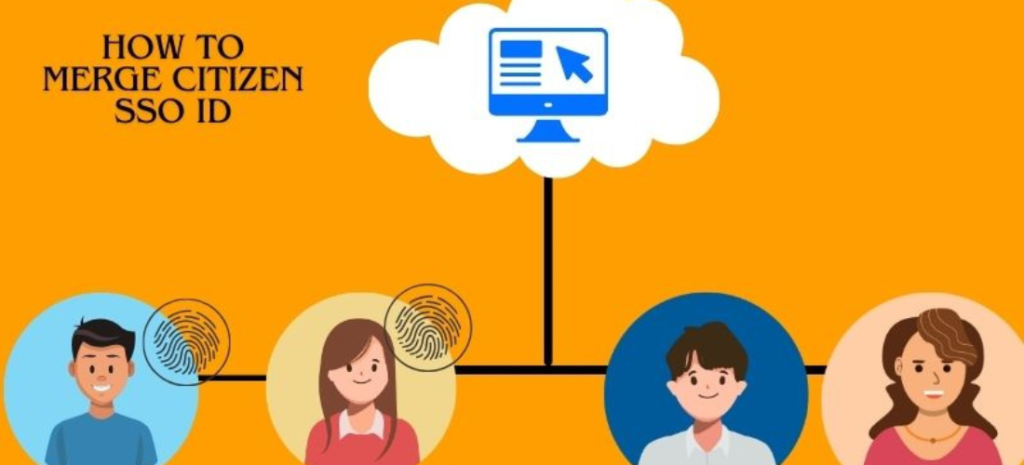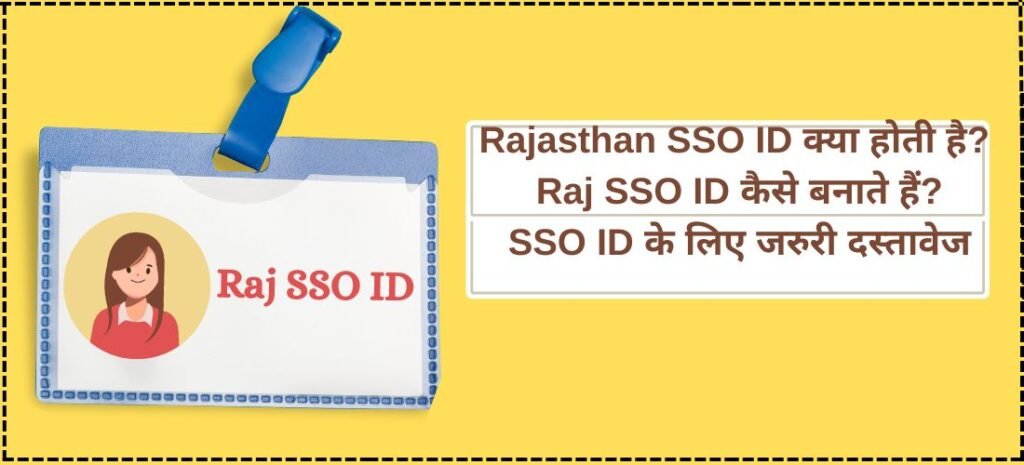
Launched in April 2015, Pradhan Mantri Mudra Yojana is a frontline scheme by the Indian Government that offers financial aid to small and micro enterprises. A part of the larger Mudra program provides loans to persons, with a keen focus on underprivileged or economically weaker sections, who wish to set up or business expansion.
Pradhan Mantri Mudra Yojana categorizes loans into three stages:
| Name of Scheme | Loan Amount |
| Shishu | For micro-enterprises – Loans up to Rs. 50,000 |
| Kishor | For enterprises – Loans ranging from Rs. 50,000 to Rs. 5 lakhs |
| Tarun | For more established businesses – Loans range from Rs. 5 lakhs to Rs. 10 lakhs |
Key Objectives of Pradhan Mantri Mudra Yojana
1. Advancing Business enterprise: The primary aim of the Pradhan Mantri Mudra Yojana scheme is to promote entrepreneurship, especially among downtrodden and economically weaker sections of the community.
2. Work Creation: Through smaller companies, Mudra Loans generate job opportunities for the reduction in unemployment.
3. Economic Growth: Easily.WinControls Encouraging Financial Freedom Through Entrepreneurship For Growth And Development Of Small Entrepreneurs.
Activities under Pradhan Mantri Mudra Yojana
Given below is the list of exercises that are secured beneath the Pradhan Mantri Mudra Yojana :
- Food items sector
- Transport vehicles utilized for the transport of both products and passengers
- Communities, social, and individual benefit activities
- Business credits for businesspeople and traders
- Textile items division and activities
- Agriculture related activities
- Equipment back conspire for Miniaturized scale Units
Read Also: Rajasthan Government Schemes For Students | Rajasthan Aapki Beti Yojana
Steps to Obtain a Pradhan Mantri Mudra Yojana
Getting a Mudra Credit is a clear handle. Here are the common steps:
1. Business Plan: Start by developing a comprehensive business plan that delineates how much money you need to make your business work and results might be.
2. Certification: Ensure that you qualify for Mudra Loans, which often require businesses to be classified as micro and small enterprises.
3. Requesting Credit: One is required to approach interested financial lenders such as banks, NBFCs, or microfinance institutions and complete the Mudra Credit application form. Financial service providers will require information about your business, the amount of loan you require, and how you plan to repay the credit facility; be prepared for such details before beginning any application process.
4. Loan Approval: They evaluate borrowers’ applications on both credit records and ability to repay them. The unsecured nature of Mudra Loans makes them more accessible across different segments such as women entrepreneurs.
5. Credit Payment: Once your application is affirmed, the advance sum is dispensed to your account, and you can begin utilizing it to develop or kickstart your trade.
How to Apply for a Mudra Loan?
For loans under the Pradhan Mantri Mudra Yojana, anyone can visit designated Open and Private Sector Commercial Banks, Participating Banks, Regional Rural Banks (RRBs), Micro Finance Institutions or Non-Banking Financial Companies as well. Additionally, the UdyamMitra portal on www.udyamimitra.in allows individual applicants to access MUDRA loans over the Internet.
Step 1: Guarantee that the essential archives are kept prepared. The primary records that will be required are your ID confirmation, address confirmation, and trade proof.
Step 2: Approach a loan specialist who is enlisted beneath the MUDRA conspire and fill up the application form.
Step 3: Yield the fundamental documents.
Indian citizens who have their trade plans for benefit segment exercises, or exchanging or fabricating exercises and require sums of up to Rs.10 lakh can apply for Mudra credits. It can profit from open segment banks, private division banks, territorial rustic banks (RRBs), little back banks (SFBs), and microfinance teach (MFIs).
Pradhan Mantri Mudra Yojana Eligibility
Types of borrowers qualified for Mudra Advance:
- Individuals
- Proprietary concerns
- Partnership firms
- Private Ltd. Cos.
- Public companies
- Other lawful substances
- Applicants must not be defaulters to banks or budgetary institutions and ought to have a palatable credit history.
- Individual borrowers may be required to illustrate the essential aptitudes, encounters, or information to embrace the proposed action.
- The prerequisite for instructive capabilities, if any, will be evaluated based on the nature and prerequisites of the proposed action.
| Age | Min: 18 years Max: 65 years |
| Who can avail of a Mudra Loan | Loans can be availed by new and existing units |
| Security or collateral | No collateral or third-party security is required |
| Institutions eligible to offer Mudra Loan | Public Sector Banks, Private Sector Banks, Micro Finance Institutions, and Regional Rural Banks |
| Documents required | Proof of identity, proof of residence, application form, and passport-size photos |
Interest Rates
The Interest rates for a Pradhan Mantri Mudra Yojana loan change frequently depending on the type of person who applies for it. The open sector, as well as the private sector, has banks that advertise MUDRA loan products. The interest rates at which lending institutions give Mudra loans depend on their discretion after considering specific requirements put forward by a particular person.
Read Also: Shala Darpan Portal | www.mygkguru.in | emitra Rajasthan Portal
Documents Required to Apply for Pradhan Mantri Mudra Yojana
| Particulars | Type of Document |
| Application Form | Duly filled up the application form based on the loan category |
| POI | Aadhaar card, Voter’s ID card, driving license, passport, etc |
| POA | Utility bills (electricity bill, telephone bill, and so on), Aadhaar card, Voter’s ID card, passport, etc. |
| Photographs | 2 Passport-sized photographs of the applicant |
| Caste Certificate | If applicable |
| Other documents | Quotation of the commodity or items to be bought and used for the business |
Benefits of Procuring a MUDRA Loan
Here are the key features and benefits of Mudra loan:
1. Financial Inclusion: Credit becomes accessible to borrowers who were hitherto locked out of the traditional banking system.
2. No Collateral Requirement: They are unsecured making borrowers not required to provide security in the form of property for them to qualify;
3. Interest Rate Subsidy: It’s funded by govt to enable cheap borrowing
4. Entrepreneurial Promotion: Focuses on little firms’ empowerment through Mudra Loans.
What is a MUDRA Card?
Mudra card is a debit card issued against the mudra loan but it only covers the working capital portion of the loan. Multiple withdrawals and credits can be made by the borrower using the MUDRA card to effectively contain costs in operating within the working capital limit while keeping interest the least burdensome.
After you effectively apply for the advance, you will be required to open an account along with which the card is issued, which is automated. Using this procedure, Mudra Card is used to pull back the loan to be ultimately released to your Mudra account once effectively applied for the loan.
Read Also: Recover SSO ID Password | SSO Helpdesk
FAQs
Q1. What sort of credit is Mudra Loan?
Mudra Advance is a kind of term loan by which a collective or individual can access loans for purposes like expansion of business, and purchasing stock among others.
Q.2 Is ITR Obligatory for Mudra Loan?
Yes, you will have to create your wage assessment returns) for the past two a long time if you are looking to apply for a Mudra Loan.
Q3. Does CIBIL score influence Mudra Loan?
No, your CIBIL Score will not be taken into thought if you are looking to apply for a Mudra Loan.
Q4. What kind of Clients MUDRA credit target?
Pradhan Mantri Mudra Yojana is geared at the Non-Corporate Small Business Sector which consists of millions of partnership firms and proprietorships that function as service delivery units, microenterprises, small manufacturing units, vegetable or fruit vendors, repair shops et cetera; both in urban and rural areas.


